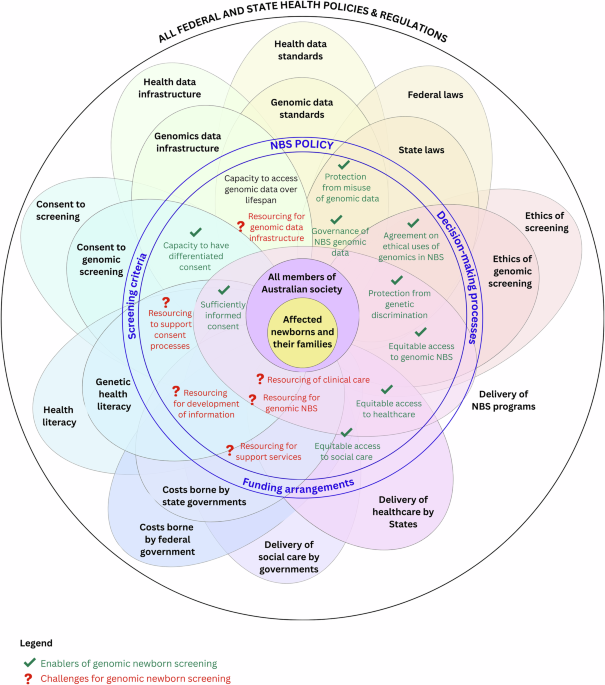
Customers recently raised concerns about the need for more staff and space, better opening hours, faster restocks and dispensing of prescriptions, improved communication and access to services, and more effective IT systems and information provision amongst other things.
Pharmacists shared fears that, although their services are currently holding up, they could become increasingly strained as demand and Swindon’s population increases in the coming years.
They added that their three biggest challenges included limited financial resources, medication availability and costs, and service awareness and accessibility.
These findings were included in a Pharmaceutical Needs Assessment which was discussed at a meeting of Swindon Borough Council’s Health and Wellbeing Board earlier this month.
Flash Sale Alert! 🌟
Dive deeper into the stories that shape Swindon
Unlimited local news, an ad-free app, and a digital replica of our print edition—all with 80% fewer ads on our site.
Subscribe now for a faster news experience – https://t.co/ayrpkI4RBy#StayInformed pic.twitter.com/29G5fKsluc— Swindon Advertiser (@swindonadver) September 20, 2025
It warns that if pharmacies don’t receive the support they need, the pressures of funding shortfalls and medicine shortages could threaten their ability to deliver.
The introduction of the Pharmacy First scheme which allows most Swindon pharmacies to provide consultations and NHS-funded treatment for common illnesses, has added to this pressure as pharmacies – rather than GPs or hospitals – are becoming the ‘front door’ of the health service.
A spokesperson for the Bath and North East Somerset, Swindon and Wiltshire Integrated Care Board said: “Community pharmacists are clinically trained healthcare professionals, whose unique skills and knowledge of medicines can support local people in accessing help, advice and treatment quicker than before, and in locations closer to their homes.
“We know the role that pharmacists play in our health and care system cannot be understated, and that they are key members of our wider primary care teams, which is why we have a number of support mechanisms in place to help ensure pharmacy careers are rewarding, fulfilling and able to make a difference to local people.
“Such support includes offering bespoke training opportunities for graduates, supporting colleagues to provide enhanced clinical services, which enables individuals to make the most of their talent and skills, and involving local pharmacy teams in our work to make our region an attractive and inclusive place to work.”
link








